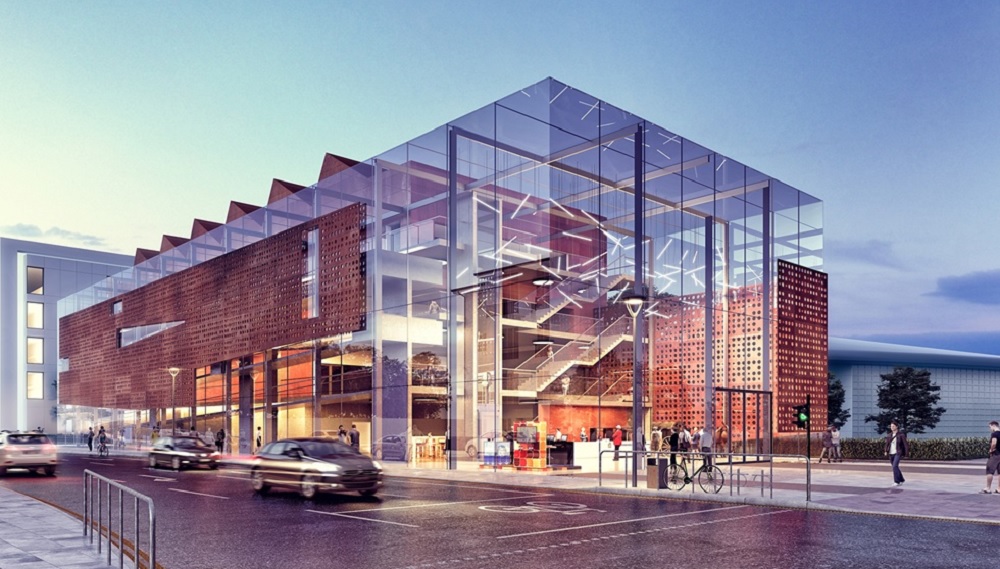Military medicine museum relocating to Cardiff reports substantial financial loss for a second year

The Museum of Military Medicine has reported a substantial financial loss for the second year running ahead of its controversial relocation to Cardiff.
New accounts published today by the Charity Commission reveal the Museum’s expenditure over the last financial year was £508,930 compared to income of just £182,290.
The £326,640 loss made by the Museum between March 2019 and March 2020 comes on top of a £163,257 loss in the previous financial year.
The latest figures will fuel concerns over the financial viability of the museum’s move to a new five-storey building in Cardiff Bay, which was given planning permission last month despite over 70 objections.
Residents and campaigners raised fears that the project would be a repeat of the Dr Who Experience, which was forced to close due to low visitor numbers after receiving £1 million in Council cash.
Nation.Cymru has already revealed that the Museum’s management feared parts of its business plan “will not hold up” in light of the Covid-19 pandemic.
The Museum’s latest accounts show it was making a loss even before Covid-19 forced it to close in mid-March last year and relies heavily on grants rather than income from visits to its current home at Keogh Barracks in Aldershot.
Its biggest source of income was a £79,890 grant which funded the wages of two curators and its director, Jason Semmens, who received a £4,423 increase in pay compared to the previous year.
But its overall donations fell substantially from £148,265 to £91,284. Museum shop sales, including the hire and sale of military uniform, did increase slightly to £74,034 from £63,194.
‘Subsidy’
The Museum’s biggest outlay was £373,962 spent on “relocation and development costs”, funded through a £2 million grant from the UK Treasury.
The Museum has also appointed London public relations firm Isobel to “help to raise the necessary funding” for the move.
Its business plan states: “A mix of conferencing, retail, catering, admissions charging, temporary exhibitions, events, and venue hire is being planned, and educational programmes and innovative research partnerships will all contribute to the long-term viability of the project.”
Council leader Huw Thomas has vowed no Council funds will be spent on the project.
But, in a detailed objection letter, Lyn Eynon of the Friends of Britannia Park campaign warned: “If public subsidy is not provided, there is a serious risk that the Museum will not be viable and will have to close, leaving an empty building on what is today a valued park. It may not even be completed.”
The financial viability of the project was not considered by the Council’s planning committee, which voted by six to three in favour of the Museum’s application last month.
Support our Nation today
For the price of a cup of coffee a month you can help us create an independent, not-for-profit, national news service for the people of Wales, by the people of Wales.






